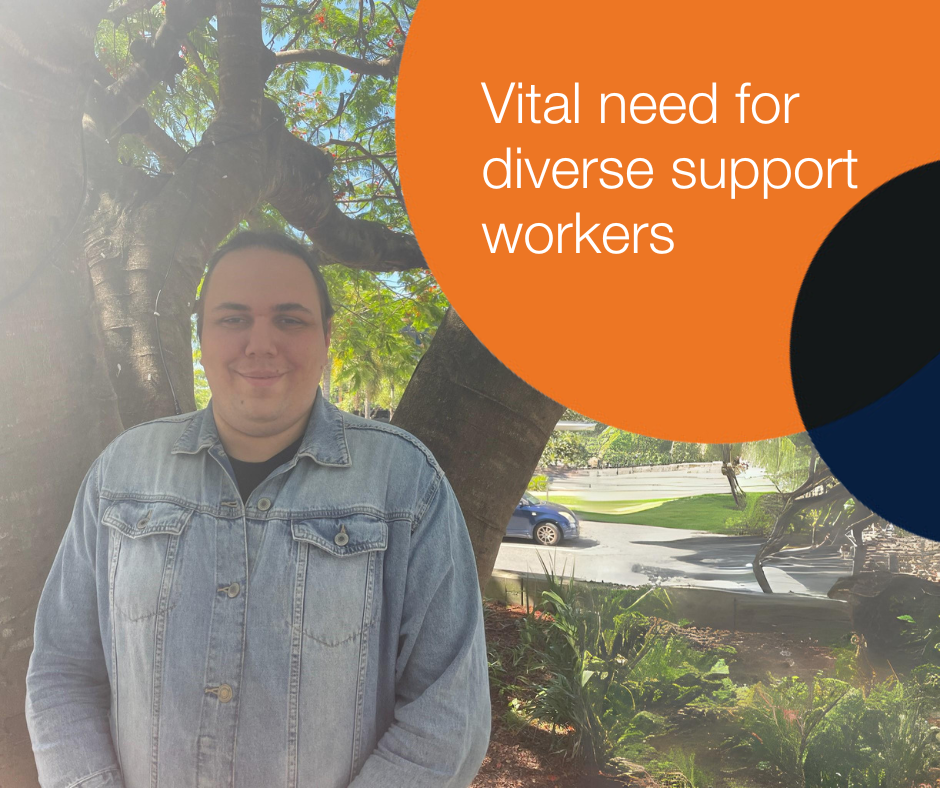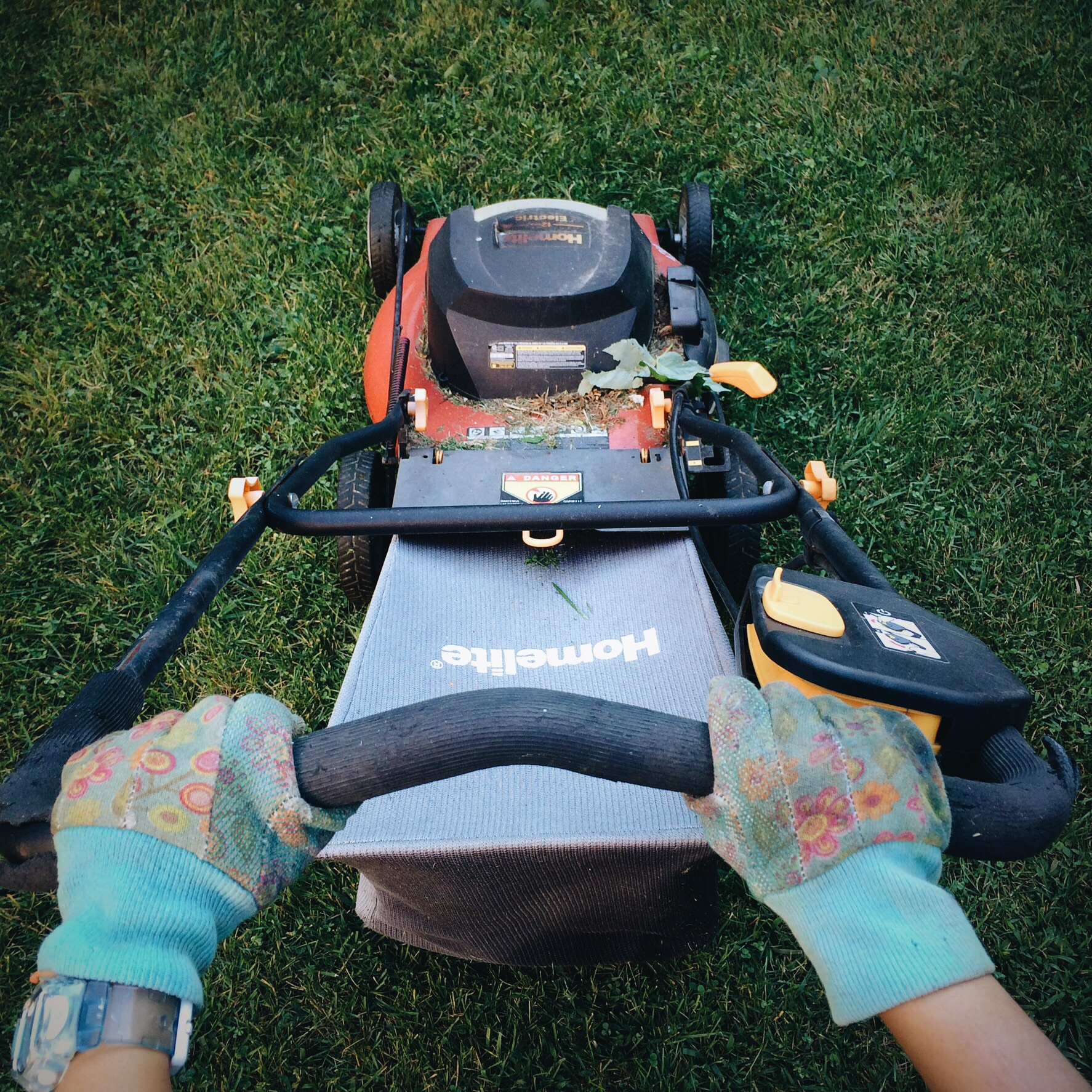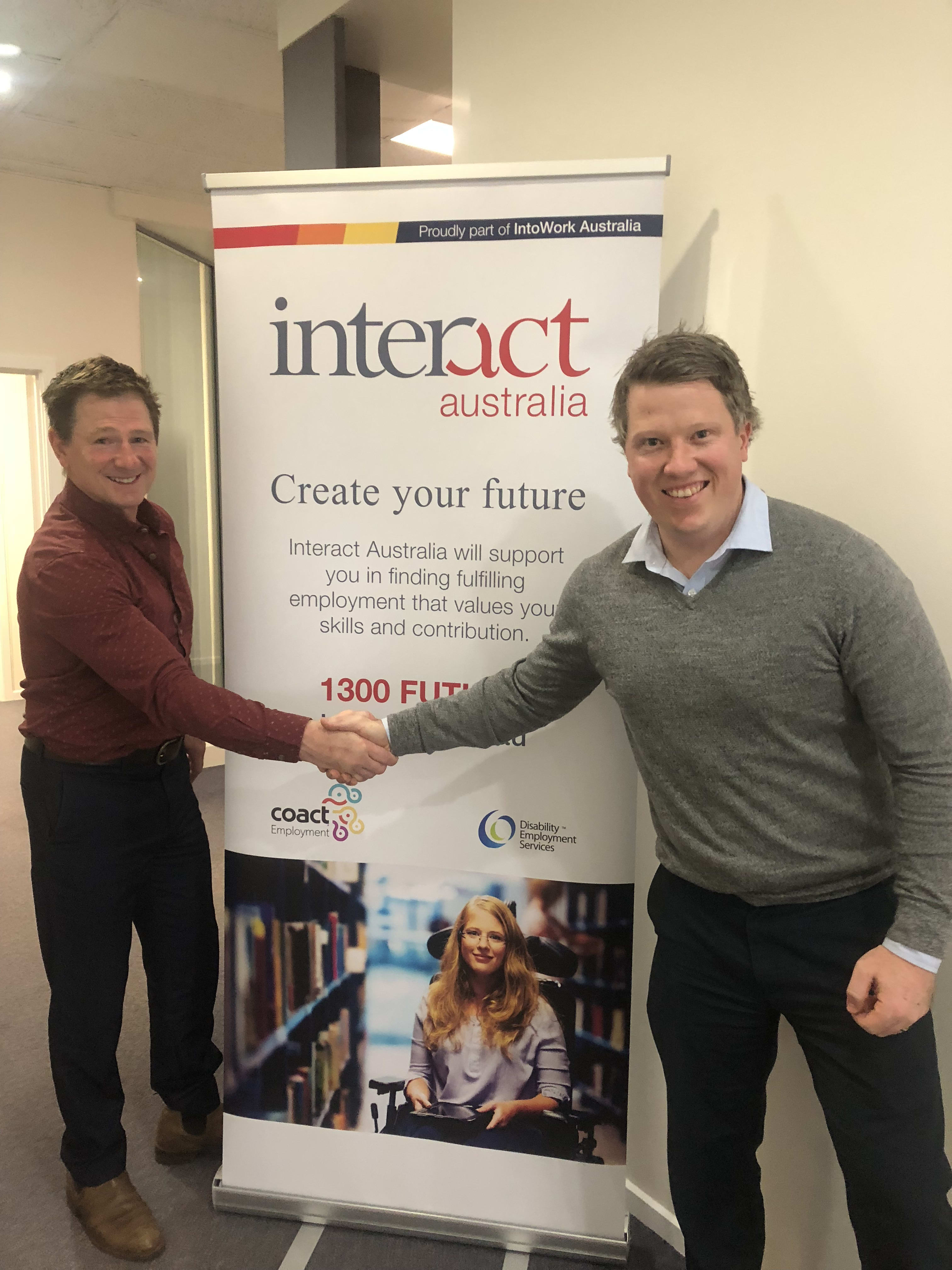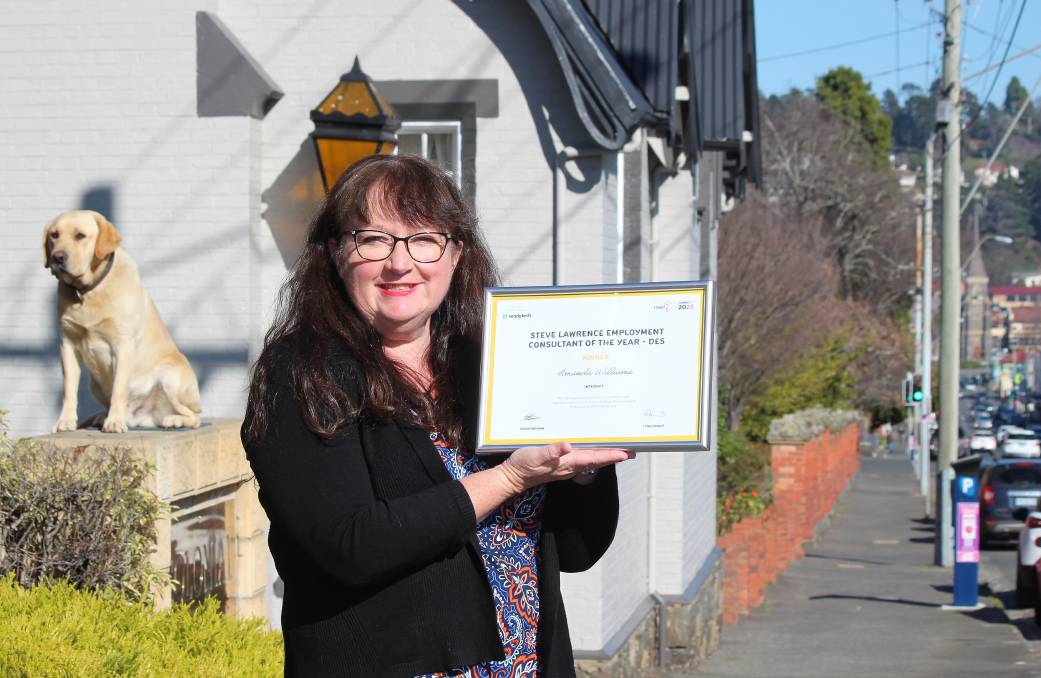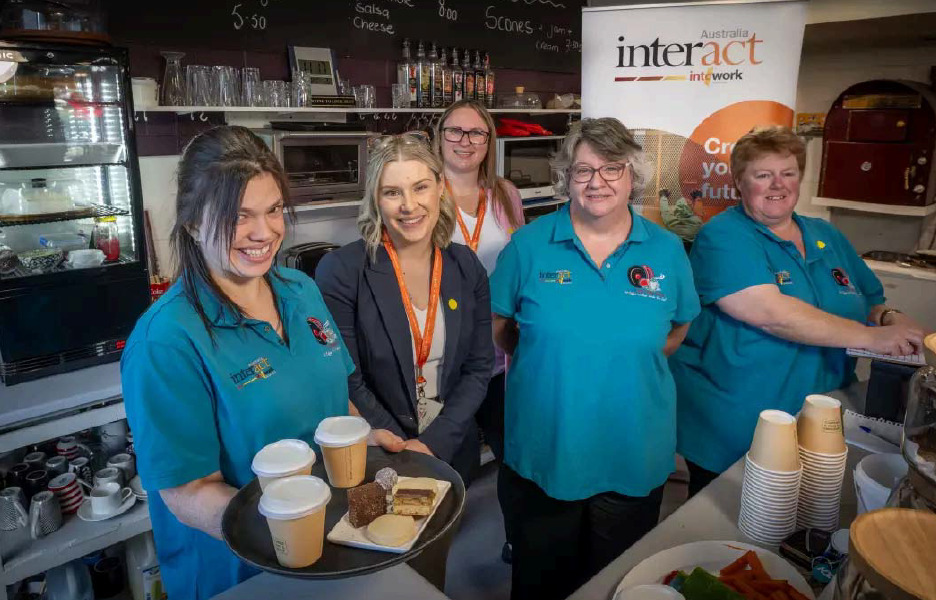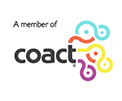Vital need for diverse support workers
Lilly Sarri has had many jobs throughout her life, but has found a rewarding career as a disability support worker, where her own lived experiences gives her unique insights into her client’s needs.
The Brisbane transgender woman initially joined Interact Australia as a participant living with a functional neurological disorder.
Interact Australia (Part of the IntoWork Group) is a not-for-profit organisation which supports and empowers people with disability into employment and offers a range of person-centred supports, matched to meet their unique circumstances and individual needs.
Lilly had worked in a variety of industries and roles but hadn’t been able to settle in one job. Interact was supporting her to find her career pathway when she saw a vacancy for a support worker role, “I thought, hey I could give it a shot. My younger brother had support workers growing up. I’ve done catering, media management, social media marketing, com-munity management for a German games company but I’ve finally found the place where I want to set up roots. As far as companies go, Interact has let me essentially be me,” Lilly said.
Lilly supports a broad range of clients who live with a disability, with some from the LGBTQI+ community. She feels her lived experience contributes an added element to her approach to care, ““How I provide care is relatively different from how you would normally expect someone to care. I’ll challenge clients but in a way that will help them grow as people. I tell my clients if they feel like I have personal stake in it, it’s because I do. My job is to work in their best interest. You can easily do the job, but you don’t get the same benefits for the clients if you don’t take that extra time to at least care about what you’re doing,” she said.
With Australian Bureau of Statistics revealing one in three transgender people reported having a mental health disorder in the past 12 months compared to one in five cisgender people1, Lilly’s insights are invaluable in understanding the in-tersectionality and the additional challenges her trans clients face.
“I was pretty lucky to be able to start transitioning in Brisbane in my early 20s but there’s so many on the waitlist. A lot of the time, the ability to get into these doctors that actually know what they’re doing relies on you having money. There’s no consistency in care and so this support worker job, to me, is essentially my way to help others in a similar situation,” she said
Interact DES Workforce Partner Dan Ford said Lilly had done amazing work supporting Interact participants, “She really goes above and beyond for her clients and thinks outside the box. She has such a fantastic rapport with people and I just think where she is today, she’s a very well respected pillar of her community and does a lot outside of work. She really opens that window of support to a lot of clients,” he said.
Lilly is proud of what she’s achieved, and is encouraging others, from all backgrounds and walks of life to consider a ca-reer in support work, saying diversity is needed, “If you are part of a marginalised group, things which seem normal to everyone else go unchallenged, because none of those problems affect anyone other than that person or group. Carers who have lived experience bring a different sort of empathy.”
Interact Australia CEO Jamie Barden said inclusion and diversity were the very foundation which builds a more equitable and empowered society, “By embracing the unique abilities and perspectives of individuals with disabilities, we unlock a wealth of untapped potential and foster a culture of innovation and growth. It is our collective responsibility to create
workplaces that celebrate diversity, break down barriers, and provide equal opportunities for all. Together, we can create a future where every person, regardless of their abilities, can thrive and contribute to the workforce,” he said.
Lilly believes there is a role for everyone, “At the end of the day, a good support worker just has to care about their client and be willing to challenge them in a safe, supportive environment so they can grow,” she said.
1 https://www.abs.gov.au/statistics/health/mental-health/national-study-mental-health-and-wellbeing/latest-release
About International Day for People with Disability
International Day of People with Disability (IDPwD) is a United Nations observed day held on 3 December each year. In Australia, IDPwD is a joint effort between government, schools, organisations, community groups, businesses and individuals. The Australian Government through the Department of Social Services funds a national program to help promote and raise awareness of this day. The IDPwD program aligns with Australia’s Disability Strategy 2021-31 and aims to increase public awareness, understanding and ac-ceptance of people with disability.
